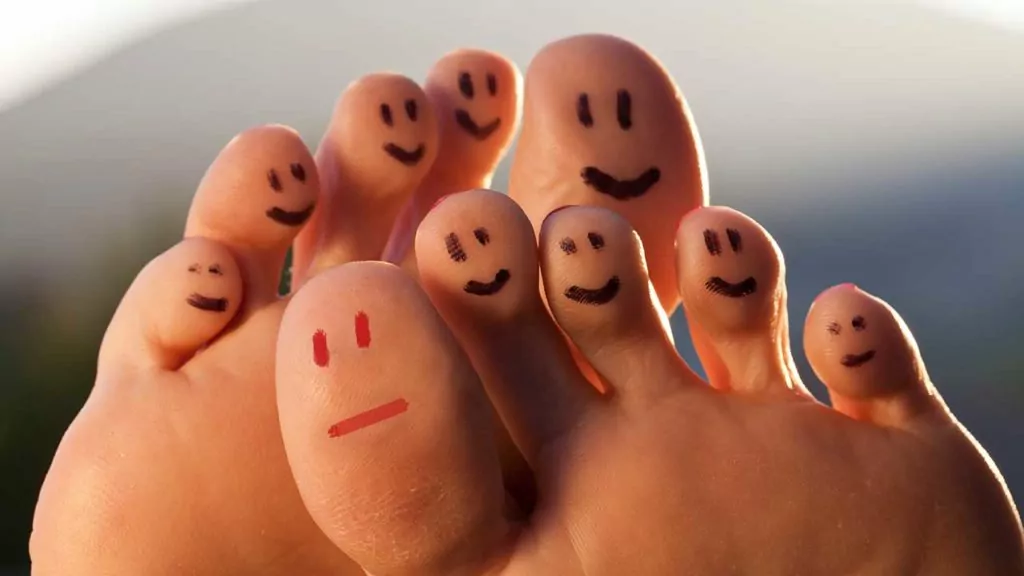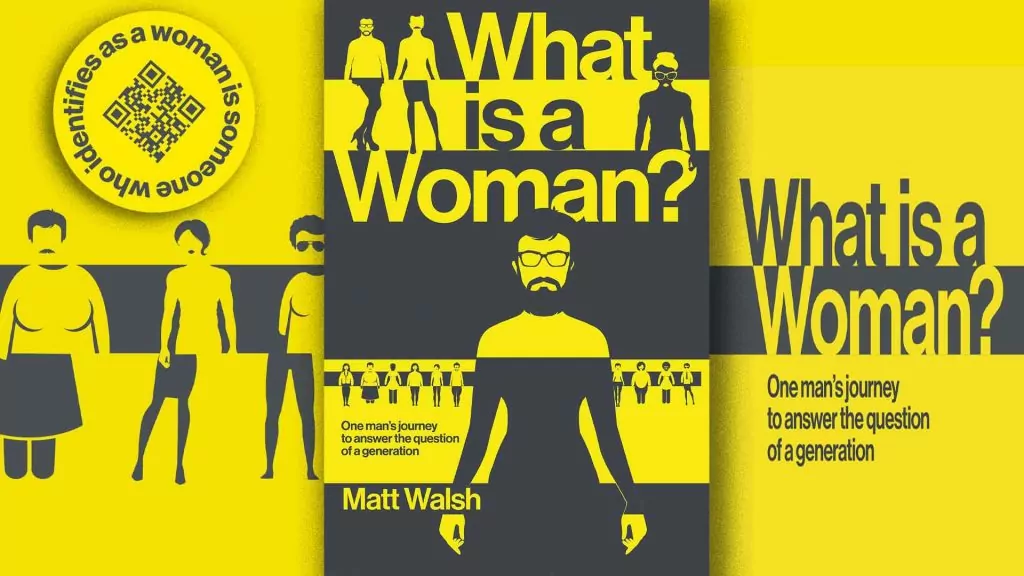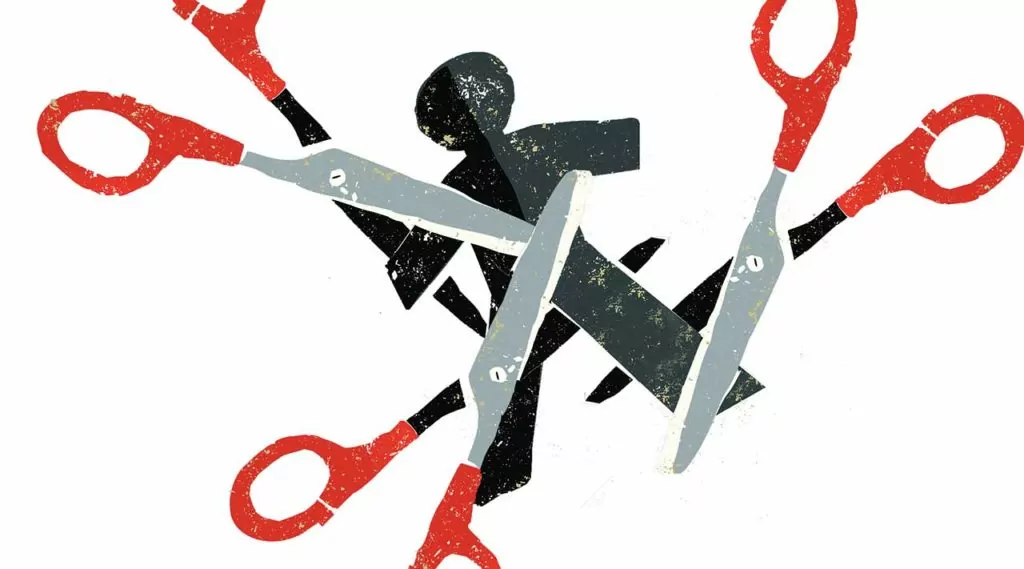
Apologetics 101, Politics, Transgenderism
"Am I A Chinese Woman?" How questions can defend the Truth
https://www.youtube.com/watch?v=xfO1veFs6Ho&feature=youtu.be
It was a political science class in my first year in university, with a hundred-some students spread out around the large auditorium. When the professor asked us, by show of hands, to indicate who was pro-life I popped my arm up quickly. It was only then I realized, mine was the lone hand up. The prof scanned the room, and when he saw me tucked up against the back wall, 20 rows away, this 50-something-year-old came sprinting down the aisle, then scampering up and over the last few rows of seats, until we were face to face.
“Why,” he asked, “are you pro-life?”
He waited, and I could see my classmates twisting in their seats to get a good look. This was no debate between equals. He was a world-renown lawyer, a drafter of United Nations agreements, and he’d been teaching this class for years. I was an 18-year-old student, who had never had to defend the unborn before. I don’t recall the exact answer I gave, but I do remember how easily the prof slapped it aside.
He made me feel foolish. More importantly, he made the pro-life position seem foolish.
Let the teacher teach
It used to be that this sort of on-the-spot inquisition would only happen if you signed up for something like a political science class. Nowadays we can expect hostile questioners in settings from the coffee shop to the workplace. Whether you proudly walk around wearing a pro-life shirt, or quietly decline having a rainbow flag decorate your cubicle, the world is going to want some answers.
What we should offer are some good questions.
The key here is to realize what the world is up to. They think we’re wrong and want to correct. They want to show us the error of our ways. They want to re-educate us.
So we should let them try.
The mistake I made with my university professor was when I let him swap his role for mine. He wanted me to teach the pro-life position to the class – he wanted me to take on the role of teacher. Now he’d had a few decades of experience, and maybe some hours of preparation to get ready for his lecture, but he expected me, on a moment’s notice, to be able to teach the class. How fair was that? And yet I accepted the role-reversal, gave it my best go, and failed miserably.
But what if I had refused his job offer? What if, instead of trying to mount an on-the-spot defense of the unborn, I had simply asked the teacher to teach?
“I’m just a student – I’m paying the big bucks to hear your thoughts. So what I’d like to know is why are you so sure the unborn aren’t precious human beings?”
You want me to teach? I decline. This is a great strategic move, but also a humble one. It’s strategic because asking questions is a lot easier than answering them. That’s why our kids – back when they could barely string a sentence together – could still stump us by simply asking one “But why?” question after another.
It’s humble because in adopting this approach we’re not setting ourselves up as the ones with all the answers.
As I recall it, my professor believed there was some gradual increase in the fetus’s worth as it grew bigger and became able to do more things. If he’d offered that as his explanation – the unborn isn’t worth as much as an adult because it can’t do as much – my follow-up would have been easy: “But why?”
The Columbo Tactic
Christian apologist Greg Koukl calls this the Columbo Tactic, naming it after the famous TV detective. Lieutenant Columbo, as he was played by actor Peter Falk, was a slow-talking, slow-walking, middle-aged man, perpetually unshaven, and as Koukl put it, who looked like he slept in his trench coat.
His unassuming manner was the key to the detective’s success. He wasn’t aggressive. He wasn’t pointed. He only asked questions.
"Just one more thing…"
"There's something that bothers me…"
"One more question…"
“What I don’t understand is…
As he followed up his quiet question with another and then another, the murderer’s story would fall to pieces, bit by bit. Columbo’s approach was meek, but also merciless. And the killers never saw it coming.
Question the re-education
This quiet questioning was put to masterful use by the director of the Family Policy Institute of Washington. Joseph Backholm headed down to the University of Washington campus to talk to students about gender identity. His position? Men are men and women are women. But rather than begin by sharing his own thought he asked others for theirs.
His first question had to do with whether men should be able to use women’s washrooms, and the students agreed with one another that “whether you identify as a male or female and whether your sex at birth is matching to that, you should be able to utilize” whichever locker room you like.
That when things got very interesting. Space doesn’t permit sharing all the students’ answers (and they were all quite similar) so we’ll focus on just one.
Joseph Backholm: “If I told you that I was a woman what would your response be?”
Enthusiastic girl: “Good for you. Okay! Like, yeah!”
JB: “If I told you that I was Chinese what would your response be?”
EG: “I mean I might be a little surprised, but I’d say, good for you! Yeah, be who you are!”
The next question made our energetic girl pause. She wasn’t ready with a quick answer but after thinking it through she tried to maintain consistency.
JB: “If I told you that I was seven years old, what would your response be?”
EG: “If you feel seven at heart then, so be it, good for you!”
JB: “If I wanted to enroll in a first-grade class, do you think I should be allowed to?”
EG: “If that's where you feel mentally you should be…then I feel like there are communities that would accept you for that.”
This final question stymied several other students…for a few moments. Then they too headed into the ridiculous, just to maintain consistency.
JB: “If I told you I'm 6 feet 5 inches what would you say?”
EG: “I feel like that's not my place, as another human, to say someone is wrong or to draw lines or boundaries.”
As Backholm concluded:
It shouldn't be hard to tell us 5’9” white guy that he's not a six foot five Chinese woman. But clearly it is. Why? What does that say about our culture? And what does that say about our ability to answer the questions that actually are difficult?
The video was effective, funny, and popular – it’s been viewed well over a million and a half times already. (A Swedish version, in which a petite blond girls asks students whether she could be a two-meter tall seven-year-old Japanese male, has been viewed by another half million.) Backhom took the students’ stand – that identity is whatever a person says it is – and exposed it as ridiculous by asking half dozen simple questions.
But did the questions do anything to convince the students? After all, none of them seemed to change their mind. Well, most of them were giggling by the end – they couldn’t help but laugh at the bizarre stand they found themselves defending. Few of us are able to change our minds in a moment, even when all the facts are against us, so it’s no surprise these students didn’t do an on-camera about-face. However we have reason to hope that once they had time to reflect, they too may well have realized the enormous problem with their thinking.
Beyond self-preservation
How might this questioning approach work in our day to day? Let’s try it in an office setting. Imagine that your company has sponsored the local gay pride parade and the boss has handed out little pride flags so employees can decorate their cubicles. You decline. Shortly afterwards you find yourself summoned to the boss’s office. How can quiet questions be a help here?
First, it’s important we first understand the goal we should have for this interchange. Unprepared we might conclude our objective is self-preservation – we want to save our job. That’s a good goal, but it shouldn’t be the goal – our primary goal, as the Westminster Shorter Catechism puts it, “is to glorify God, and enjoy Him forever.” As our country takes a perverse turn, we are going to start losing our jobs because of our beliefs and it won’t matter what we say or how we say it. When we’re called to explain ourselves, we need to realize there may be no God-glorifying way of preserving our job – the only options maybe to profess or deny. So we need to prepare ourselves to profess…regardless of what happens afterwards.
Do you really believe what you say you believe?
Still, saving our job can be a goal and questions can help here too. Your boss wants to know why you aren’t waving the rainbow flag? Ask him whether the company really believes what it says it believes. If they want to celebrate tolerance and diversity how about they do so starting with you?
Boss: “Why don’t you have your flag out? You know we’re an inclusive company.”
You: “Hey boss, as a Christian, and I have some views that differ with the company’s. I knew that might cause some problems but I also know that we’re a super inclusive company, so I was confident we could work something out. Sir, how can the company’s inclusiveness be applied to me?
How is your non-judgmental, life-style-affirming, politically correct boss going to be able to answer this one without his head exploding? That’s for him to figure out.
Conclusion
A question isn’t the best response in every setting. Questions are very helpful in poking holes in other people’s incoherent worldviews – they’re good tools for demolishing lies – but when it comes to teaching people the truth, we need to do more than ask questions. We’ll need to share God’s Word, let our listener question us, and offer explanations. That’s how we should talk to anyone interested in an honest dialogue.
But for all those shaking their fist at God, a good question may be the best response. We live in a time where every one of God’s standards is being attacked and it’s about time we were asking why.
Picture is a screenshot from the Family Policy Institute of Washington’s video “College kids say the darndest things: On identity” posted to YouTube.com on April 13, 2016. This article first appeared in the June 2016 issue. If you want to know more about the Columbo Tactic you should pick up a copy of Greg Koukl's "Tactics" which we review here.






















